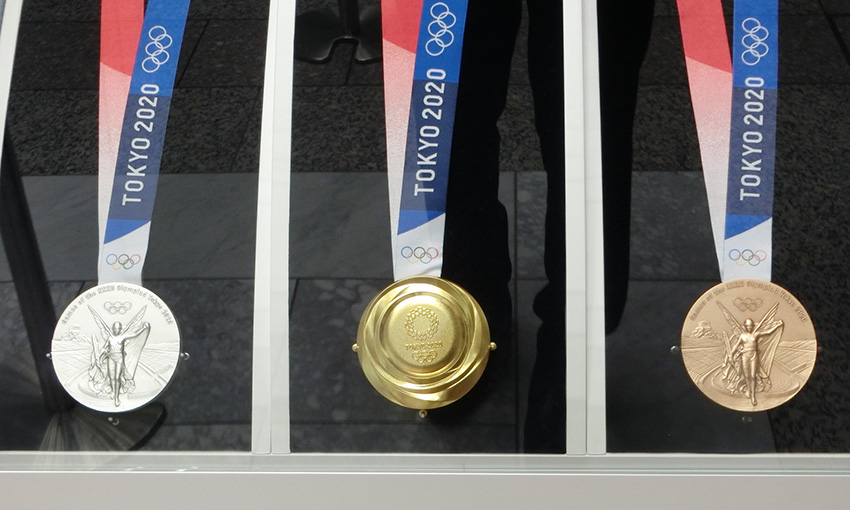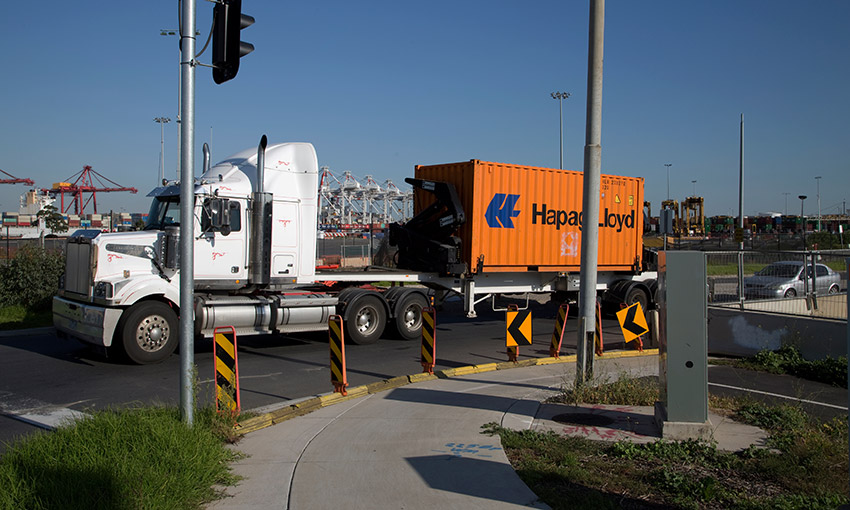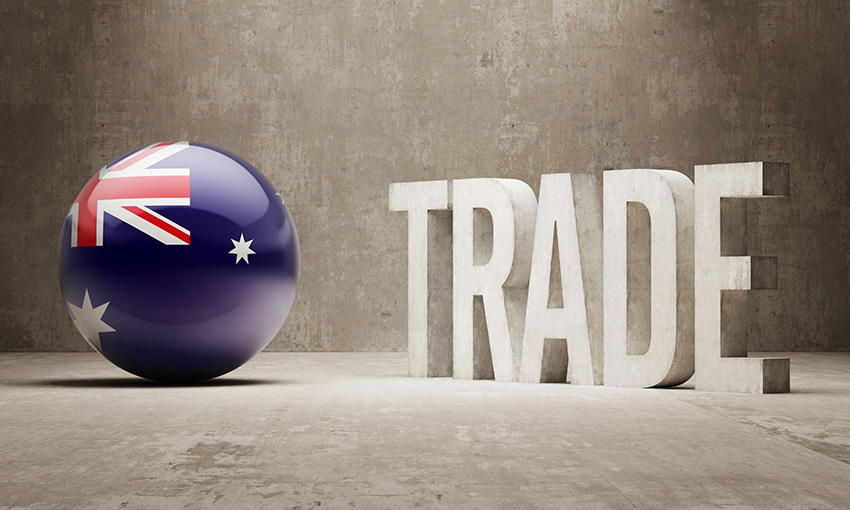ONLY a trade lawyer nerd who also happens to be a sports tragic would start to think about whether customs duty or GST are payable on Olympic medals when brought back into Australia. It would be unfortunate for the winners of the medals to try and establish the value of the medals and then whether customs duty is payable.
It will be a relief to find that part of the Fourth Schedule to the Australian Customs Tariff Act 1995 has already anticipated the issue with the effect of exempting such medals and other similar items from customs duty. Item 25 of the Fourth Schedule to the Tariff Act provides for “Goods that are trophies, decorations, medallions, certificates or prizes” to be duty-free according to By-Law number 1301053 with effect from 1 March 2013. Of course, the By-Law is quite specific as to the circumstances in which the exemption applies and does not apply to such items as are used for advertising purposes.
This is not to say that such sporting medals and trophies have always had an easy passage across the border. A news story from 4 August 2021 here includes a story of a metal detector “catching” an Olympic gold medal awarded for the High Jump on the return of the medal by the athlete requiring the athlete to declare the medal after it set off the alarms at the airport, although the athlete was allowed to keep it.
Earlier still, the ICC Cricket World Cup created an issue. India won the 2011 World Cricket trophy. However, according to the reports, the trophy that was raised by the Indian team was in fact a replica. The reports indicated that original was seized by the Mumbai Customs on its arrival from Colombo after the Sri Lanka-New Zealand semi-final. Apparently, import duty had to be paid for the trophy.
Bringing in apparently harmless items have also caused issues for Australian politicians. In 1982, Michael MacKellar, a Fraser government minister, brought a colour TV into the country, but listed it on the customs declaration form as black and white, therefore avoiding duty. He was sacked, along with the minister for customs, John Moore, who was seen to have badly handled the issue. Similarly, we were all transfixed on the “Paddington Bear affair” in 1984. Customs officials searched a suitcase belonging to the wife of Hawke government cabinet minister Mick Young and found a Paddington bear. The Customs official then discovered that the Minister hadn’t declared it, with the effect of potentially avoiding some customs duty. Young had to resign until he was judicially cleared.
Our interest in illicit goods being discovered at the border continues today with a plethora of reality television shows focussing on people failing to declare items properly on their import documentation, whether they are valuable consumer goods or goods subject to biosecurity control.





